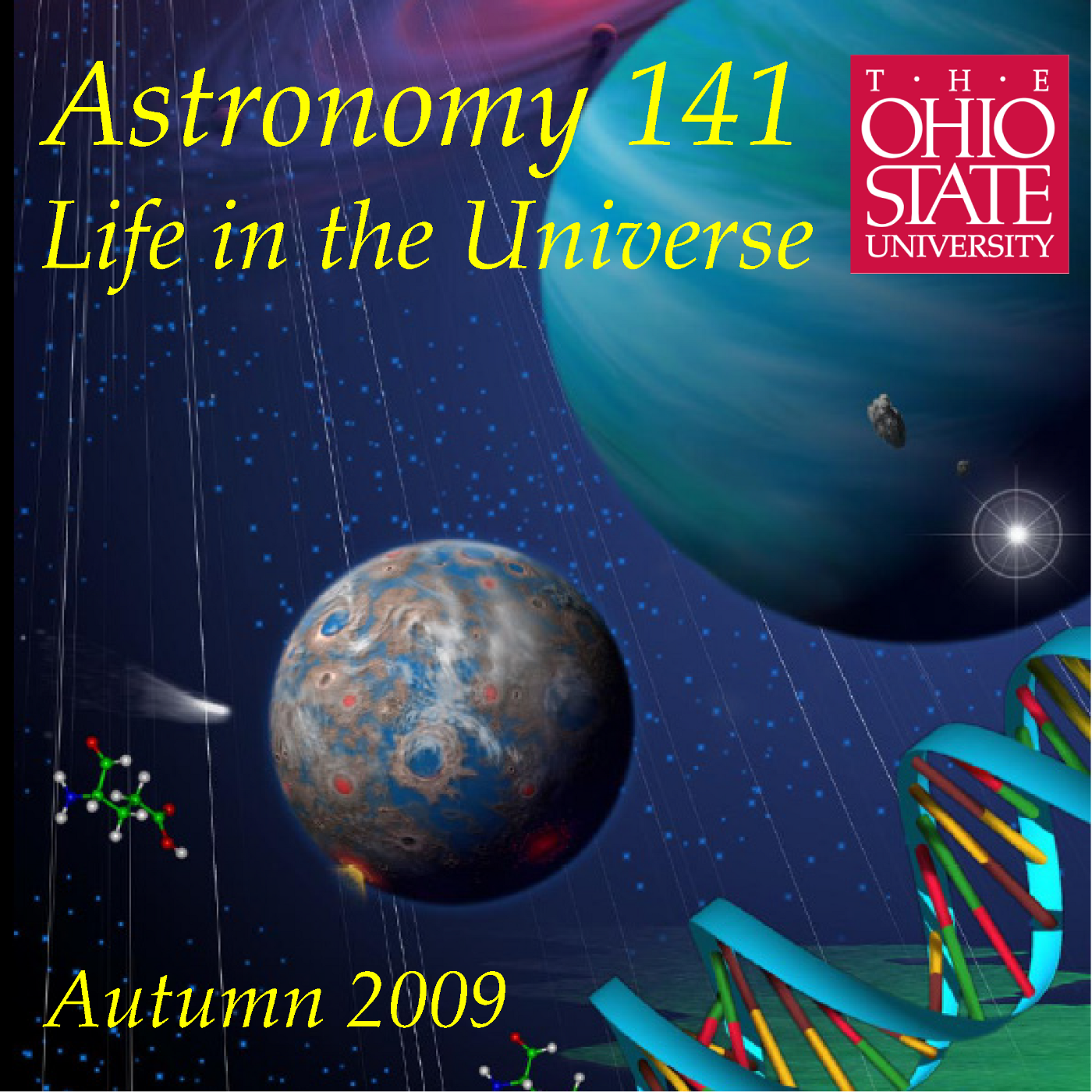Lecture 42: The Fermi Paradox
Description
So, Where is Everybody? Interstellar colonization, in principle, is an
exponential growth process that would fill the galaxy in a few million
years even with a very modest star flight capability. This is a small
fraction of the lifetime of the Milky Way Galaxy, so the Galaxy should
be teaming with life. But, we so far have no compelling evidence of
extraterrestrial visitations, alien artifacts, or any other evidences
that the Galaxy is populated. Physicist and Nobel Laureate Enrico
Fermi's apparent paradox and some of the proposed resolutions are the
topic of this lecture. I will review the Fermi Paradox and describe the
most common possible resolutions. The Fermi Paradox is useful in
helping to frame the question of extraterrestrial life, even if we so
far have no answers. At the end I only touch on the Rare Earth
Hypothesis, but this is a very nuanced question which requires a whole
other lecture to explore that I have not had time to fully prepare for
during this busy quarter. Recorded live on 2009 Nov 30 in Room 1005
Smith Laboratory on the Columbus campus of The Ohio State University.
More Episodes
Course finale and summary. We look back over where we've been the last
eleven weeks, and bring together all of the main themes of this course
on Life in the Universe. Recorded live on 2009 Dec 4 in Room 1005 Smith
Laboratory on the Columbus campus of The Ohio State University.
Published 12/04/09
Published 12/04/09
How will life, the Universe, and everything end? This lecture looks at
the evolution of our expanding Universe to project the prospects for
life into the distant cosmological future. Recent observations show
that we live in an infinite, accelerating universe. I will trace the
evolution of the...
Published 12/03/09


